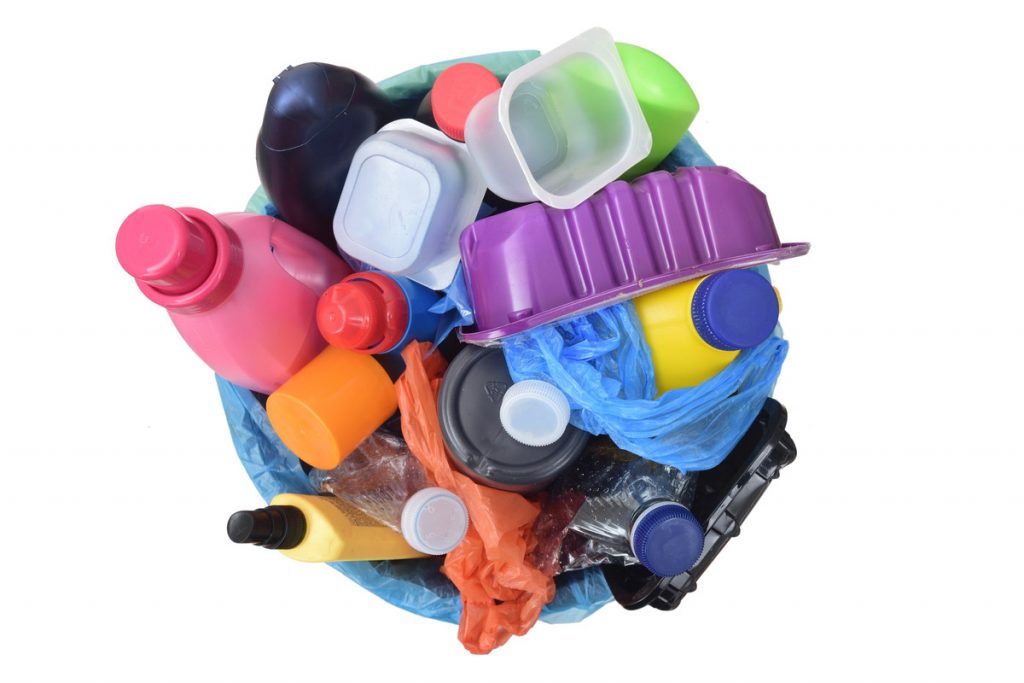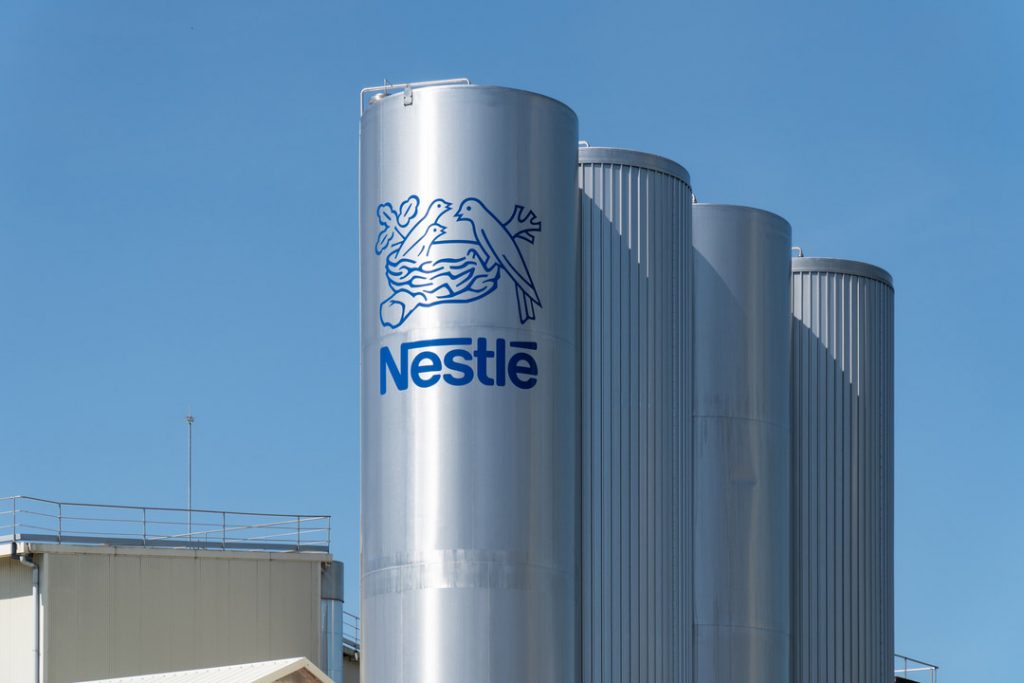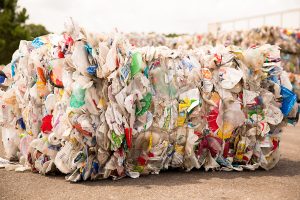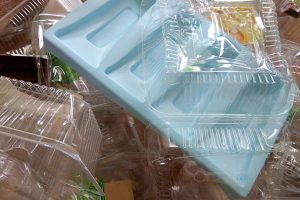
News about changing recyclability classifications for certain PP products caught readers’ attention last month. | Josep Curto/Shutterstock
Readers last month were drawn to articles about recyclability challenges for certain products, chemical recycling, national legislation and more.


 Three major manufacturers announce they’ll use PET, PP and acetate produced via chemical recycling processes, and Procter & Gamble begins putting digital barcodes on bottles to aid in sorting.
Three major manufacturers announce they’ll use PET, PP and acetate produced via chemical recycling processes, and Procter & Gamble begins putting digital barcodes on bottles to aid in sorting. 
 Greg Janson of plastics reclaimer QRS Recycling knows all too well what happens when material suppliers aren’t informed about load quality.
Greg Janson of plastics reclaimer QRS Recycling knows all too well what happens when material suppliers aren’t informed about load quality. A pyrolysis company converting post-consumer plastics into fuels and waxes will get a big boost from British oil and gas giant BP.
A pyrolysis company converting post-consumer plastics into fuels and waxes will get a big boost from British oil and gas giant BP.